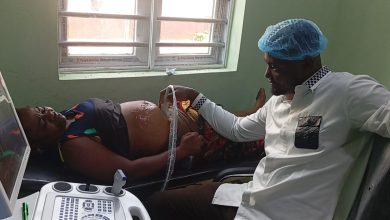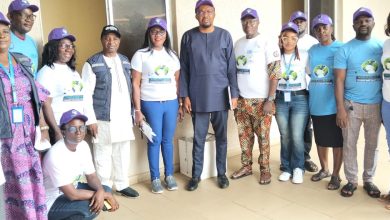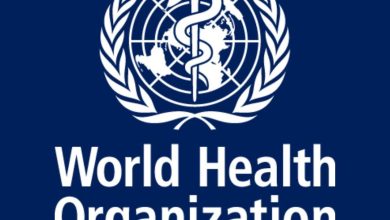Jigawa Set to Provide HIV Drugs Through Primary Health Centers
HIV drugs will now be given at local health centers across Jigawa to help more people.
The state hopes this new step will save lives and stop the spread of the virus.
The Jigawa State Agency for the Control of AIDS (JISACA) has revealed plans to begin distributing antiretroviral drugs at primary healthcare centers across the state. This move is aimed at making it easier for people living with HIV/AIDS to get the medication they need.

Nigeria continues to face a heavy burden of HIV/AIDS, with more than two million people currently living with the virus nationwide. In Jigawa State alone, data shows that about 0.3 percent of the population is affected. Around 5,000 people are officially registered as HIV-positive and are receiving treatment at 14 designated centers. However, officials believe the actual number of infected people may be as high as 26,000, many of whom are yet to access any form of care. This highlights the urgent need for expanded treatment options and more awareness campaigns.
Speaking to reporters in Dutse, the capital of Jigawa State, JISACA’s manager, Mr. Ibrahim Almajiri, said the planned rollout of HIV medication at primary health centers is part of a wider goal to eliminate the disease in the state by the year 2030. He explained that by bringing treatment closer to people in their communities, more lives can be saved and the spread of the virus can be reduced.
Mr. Almajiri added that JISACA has made steady progress over the years in reducing HIV cases in the state. He said the agency provides various forms of support to people living with HIV, including access to antiretroviral drugs, counseling services, and nutritional supplies. According to him, this support system has also helped reduce stigma and discrimination against those living with the condition.
To further expand access to treatment, the agency has set up 17 antiretroviral treatment centers in different areas of the state. In addition, several HIV testing centers have been established in all 27 local government areas to encourage early diagnosis and prompt medical attention.
Almajiri also noted that all couples intending to marry in the state are now required to take an HIV test. He explained that this step will help prevent the spread of the virus and ensure that those who test positive can start receiving care early.
He also mentioned that all HIV-positive patients in the state have now been enrolled in the Dan Modi Healthcare Program, which provides full medical care and support services. The program, he said, has significantly improved the quality of life for those affected.
Finally, Mr. Almajiri thanked the Jigawa State Government for its continued support and encouraged residents to take advantage of the available testing services. He stressed that knowing one’s status early and starting treatment immediately are the best ways to manage the virus and live a healthy life.



